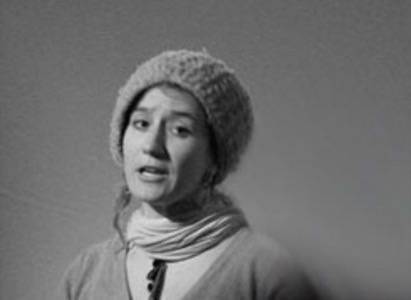Microsoft researcher danah boyd took a decidedly different approach when considering social networking at today’s LeWeb conference. In speaking to a room packed with more than a thousand entrepreneurs, investors and journalists, boyd explained how we tend to focus on the positive aspects of social networking services. Technologists tend to praise web publishing for its ability to encourage artistic expression and public dialogue. In contrast, boyd makes the point that negative and disturbing web content can also serve as a vehicle for change.

boyd explains how those who monitor online profile information, tend to have something to gain from it in a negative way. For example, oppressive governments often monitor the web for signs of criminal activity in order to enforce laws or suppress certain activities. Nevertheless, boyd believes the visibility of violence, drug use and criminal activity can also be used by regular netizens for constructive purposes.
She references “eyes on the street” — a concept coined by urban sociologist Jane Jacobs in her book The Death and Life of Great American Cities.

Writes Jacobs:
“There must be eyes on the street, eyes belonging to those we might call the natural proprietors of the street. The buildings on a street equipped to handle strangers and to insure the safety of both residents and strangers, must be oriented to the street. They cannot turn their backs or blank sides on it and leave it blind. The sidewalk must have users on it fairly continuously, both to add to the number of effective eyes on the street and to induce a sufficient number of people in buildings along the street to watch the sidewalks.”
boyd believes this same concept can be applied to online safety and health. She explains, “The web makes available all parts of society and it’s up to us to find a way to make it constructive.” With Facebook’s user base often cited as being bigger than the population of all but 4 countries in the world, netizens have the visibility to do more than simply consume content. boyd’s presentation reveals that while the Internet has the power to uncover the abuse and oppression that is happening around us, ultimately it’s up to us to decide whether or not to acknowledge and help remedy them.
Photo Credit: Ewan McIntosh
For more updates on LeWeb, follow along at the Social Media Club House
















